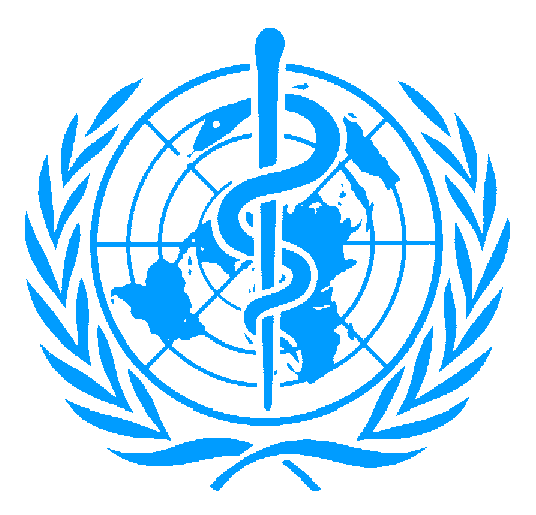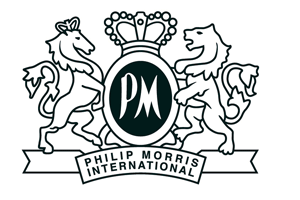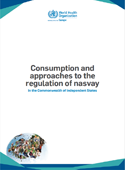Contrary to tobacco industry arguments, taxes and prices have only a limited impact on the illegal cigarette market share at country level, according to a World Bank report, Confronting illicit tobacco trade: A global review of country experiences.
The report, running to about 650 pages, says that evidence indicates that the illegal cigarette market is relatively larger in countries with low taxes and prices while relatively smaller in countries with higher cigarette taxes and prices. Non-price factors such as governance status, weak regulatory framework, social acceptance of illicit trade, and the availability of informal distribution networks are said to ‘appear to be far more important determinants of the size of the illicit tobacco market’.
Part of the Bank’s advice for tackling the illegal trade is for authorities to avoid reliance on the tobacco industry, whose role is said to pose a challenge to countries seeking to address the illegal trade, ‘since the tobacco industry is often linked to illicit trade in tobacco products, either directly or indirectly’.
‘The UK and Ireland case studies emphasize the need to fulfill obligations under Article 5.3 of the FCTC [World Health Organization’s Framework Convention on Tobacco Control] to prevent the tobacco industry from influencing public policy,’ the report says. ‘The case studies, including Colombia, Australia, Georgia, and Malaysia, also confirm prior findings that the tobacco industry regularly overstates levels and changes in tobacco illicit trade to oppose tobacco tax reforms. The Georgia and Uruguay case studies show that when the government responds to industry pressure and reduces taxes due to fears regarding tobacco illicit trade, the result is a decline in revenues and an increase in consumption, while the true drivers of illicit trade in tobacco products remain unaddressed.’
The Bank concludes, in part, that the following actions need to be undertaken to confront the illegal trade in tobacco products.
- ‘Require licensing for the full tobacco supply chain, as required by Article 6 of the [FCTC] Protocol.
- ‘Require use of secure excise tax stamps and other product markings to facilitate enforcement and tax collection, as required by Article 8 of Protocol.
- ‘Establish effective track-and-trace systems to follow tobacco products through the supply chain from production or import to sale to consumers (Article 8 of the Protocol).
- ‘Establish effective enforcement teams equipped with automated reporting devices, to reduce human discretion in tobacco tax administration (Articles 8 and 19 of the Protocol).
- ‘Obtain detection equipment and use it effectively at customs posts (Articles 14 and 19 of the Protocol).
- ‘Develop a risk profile to target inspections (Articles 10, 14 and 19 of the Protocol).
- ‘Set relatively low duty-free allowances (Article 13 of the Protocol and Article 6.2 of the FCTC) for tobacco product purchases, both in terms of amounts and frequency.
- ‘Regulate or ban trade in tobacco products in free trade and other special economic zones (Article 12 of the Protocol).
- ‘Set and enforce significant financial penalties and penal provisions for illicit trade in tobacco products (Articles 15, 16 and 17 of the Protocol).
- ‘Provide for secure and environmentally friendly destruction of seized cigarettes, carried out by the regulatory authorities and not by the tobacco industry (Article 18 of the Protocol).
- ‘Educate the public on the impact of tobacco illicit trade.








